A paper to be published by the Royal Society of Chemistry demonstrated the use of an iPhone SE and a thin film to generate a low-cost mass spectrometry sensor, potentially making comprehensive home health bodily fluid screening to the home, and broadening the use of the technology in security applications.
In testing, researchers with Vanderbilt University and the University of Miami developed a method for obtaining usable data from porous silicon through a combination of manual and automatic techniques. With the right surface coating, the team's cheap, nanoscale films are able to capture molecules that darken the silicon.
The manual half of the equation first involves turning on the the iPhone SE that they used for testing, turning on the flash, and enabling video recording for 3 minutes until the light source stabilizes. Following the startup procedure, a sample is twice inserted, recorded for 1 minute, and removed. The resulting data is uploaded to the cloud for processing and analysis.
Conceivably the technology could be used in everything from urinalysis and water testing to security screenings, catching drugs or explosives on the spot. There's no indication yet that the researchers plan to commercialize the technology themselves.
Spectrometry is an essential part of scientific research, used to determine the chemical composition of everything from food to distant stars. Given that mass spectrometry units can cost up to millions of dollars, the breakthrough has potential in education at all levels as well.
Commercial use on iPhones would presumably require a streamlined app, and likely simplified hardware for the sake of test samples. The promise in theory is a one-size-fits-all spectrometry tool, rather than a multitude of disposable tests for different tasks.
 Roger Fingas
Roger Fingas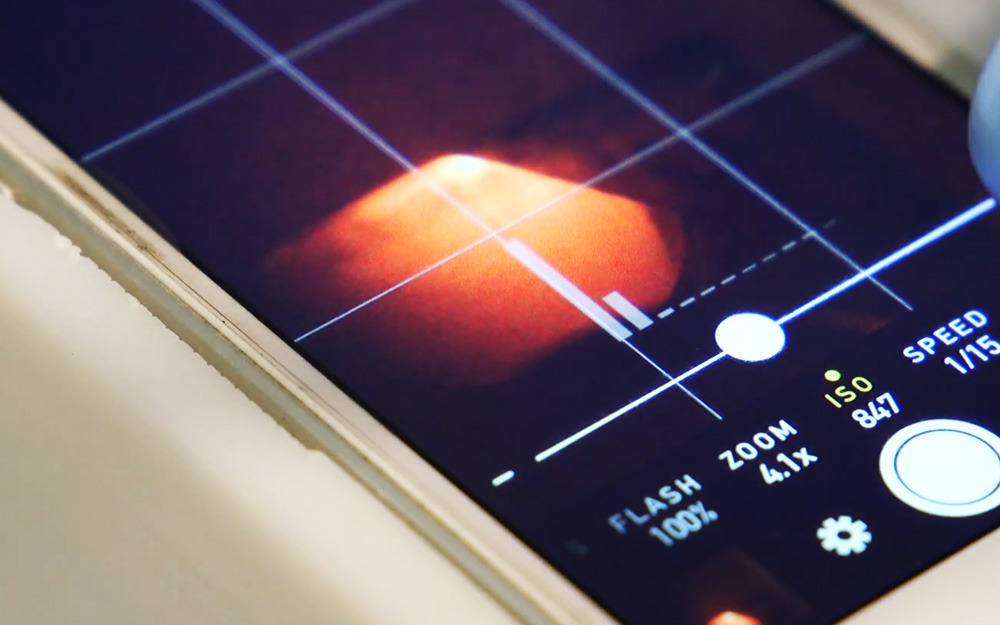
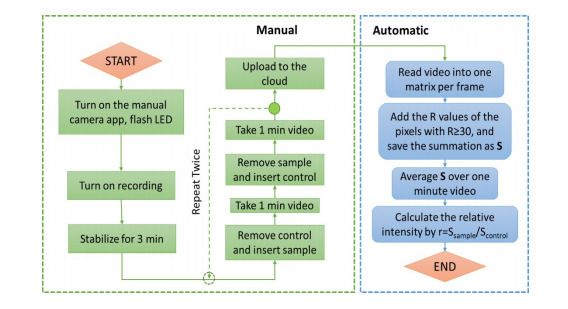

-xl-(1)-xl-xl-m.jpg)





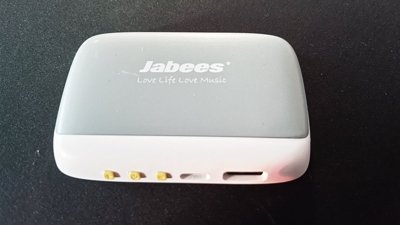
 Amber Neely
Amber Neely
 Wesley Hilliard
Wesley Hilliard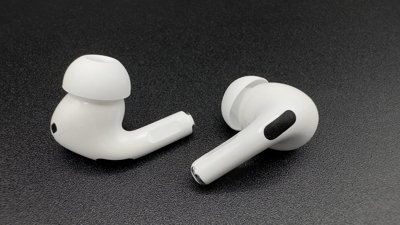
 Marko Zivkovic
Marko Zivkovic
 Andrew Orr
Andrew Orr
 Malcolm Owen
Malcolm Owen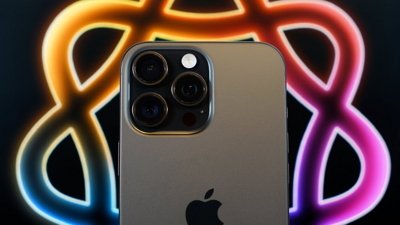

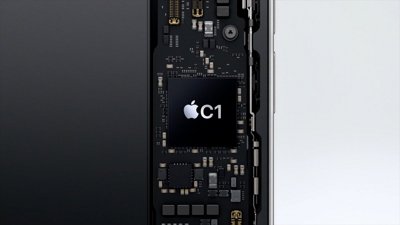
 Andrew O'Hara
Andrew O'Hara
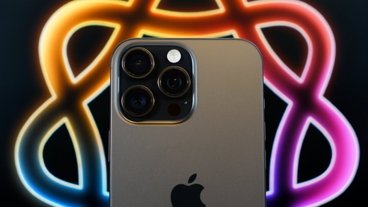






8 Comments
The Tricorder is coming!!!!
“Please pee on the yellow icon to continue”
Mass specs can cost a million. But they also cost in the low thousands. I had one in my lab for qualitative analysis.